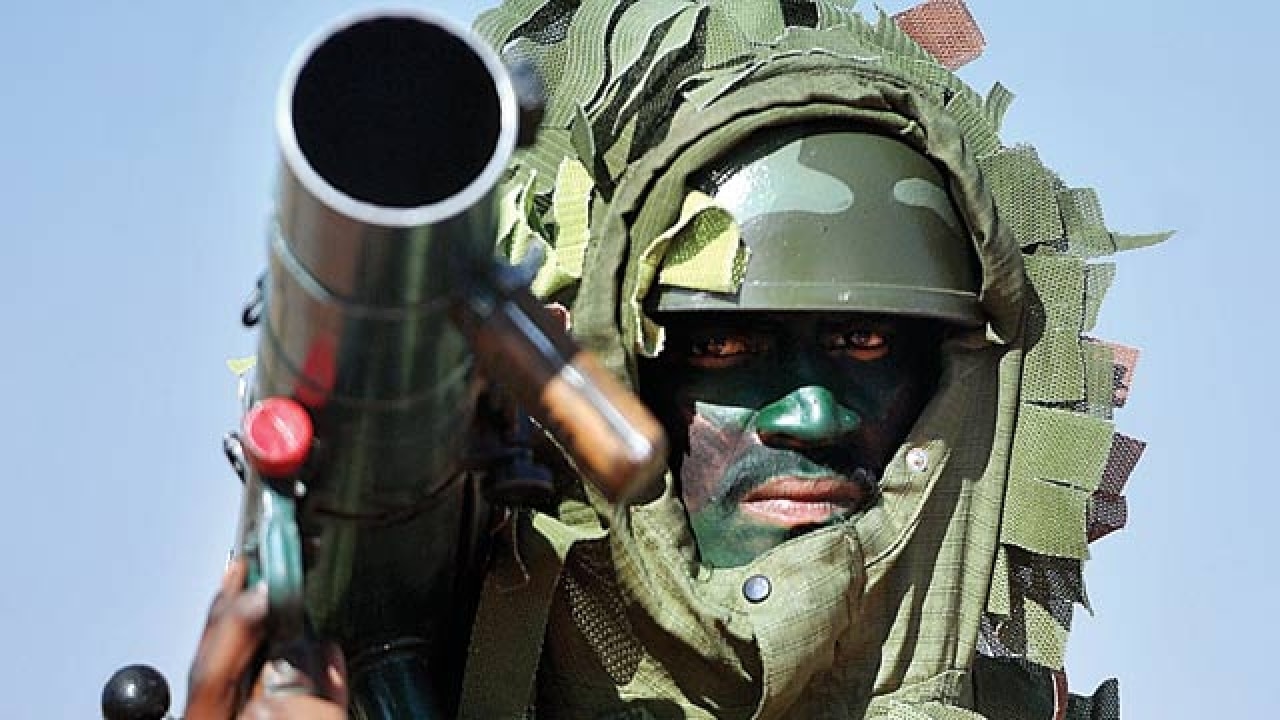
During the review of human rights records at the United Nations Human Rights Council this month, India was asked to revise the Armed Forces Special Powers Act (AFSPA), to bring it into compliance with obligations under the International Covenant on Civil and Political Rights (ICCPR).
In India, AFSPA is applicable in disturbed parts of northeast India and Jammu & Kashmir. Under section 4 of the AFSPA, a designated member of the armed forces can use lethal force, enter and search, and arrest any persons acting in contravention of the law. Human rights organisations and media establishments in the country and abroad have severely criticised the AFSPA.
In the recent past, the domestic counterterrorism role of the armed forces has expanded greatly across the world. The State is empowered to adopt all lawful and constitutional means necessary and create a vigilante force to counter violence. Every State has the right to defend itself and is entitled to protection against those who seek to destroy it.
Once soldiers are deployed to quell domestic violence, they need to be given special powers under the law to use lethal force, shoot down domestic enemies, interrogate civilians, raid premises, and seize documents. They also need special protection to ensure operational efficiency. Civil society and media must understand that the armed forces are called upon to rein in the chaos created by political failure to fulfill promises made to the people, and administrative failures in dealing with insurgents.
Ersatz protest against AFSPA is not new. In November 2000, Irom Sharmila from Manipur started a hunger strike for repeal of AFSPA from the state. In due course, she was designated as “Iron Lady” by the media, which portrayed her as a person fighting for the people of the state. In July 2016, Sharmila announced that she would end her fast and contest the forthcoming election in the state. The objective was to fight for the removal of AFSPA, albeit politically. In the 2017 assembly election, she received a total of 90 votes and lost her deposit. This was the people’s verdict, and it exposed her popularity in the state, and the cause for which she was projected as the torch bearer.
The armed forces are trained to cause death or serious injury to the designated enemy, and cannot be expected to catch a violator and hand him over to the nearest police post for a judicial trial.
The AFSPA does not grant immunity to members of the armed forces. The members are answerable for their lapses and the powers given to them under the Act are not unlimited and cannot be resorted to at will. Having said so, section 4 of the AFPSA, which gives powers to these members, can be amended as there have been allegations that wide powers have been given to low-ranking non-commissioned officers. In order to avoid any ambiguity in the matter, the following provision may be added to section 4 of the Act: The responsibility for deciding as to the strength and composition of any force to be utilised for the suppression of violence in a disturbed area shall lie with the military authorities. Whenever possible, a sufficient number of officers/junior commissioned officers (JCO) shall be included to ensure that an officer/JCO will be available to command each body that may be required to operate separately.
Every country in the world where the armed forces have been deployed to counter domestic disturbance provides similar powers and protection to its armed forces.
The “right to kill” is not a drawback of the AFSPA. If the law and order situation has deteriorated to such an extent as to call for the deployment of the armed forces, the soldiers have to be allowed to use deadly force.
The author is a retired Wing Commander.